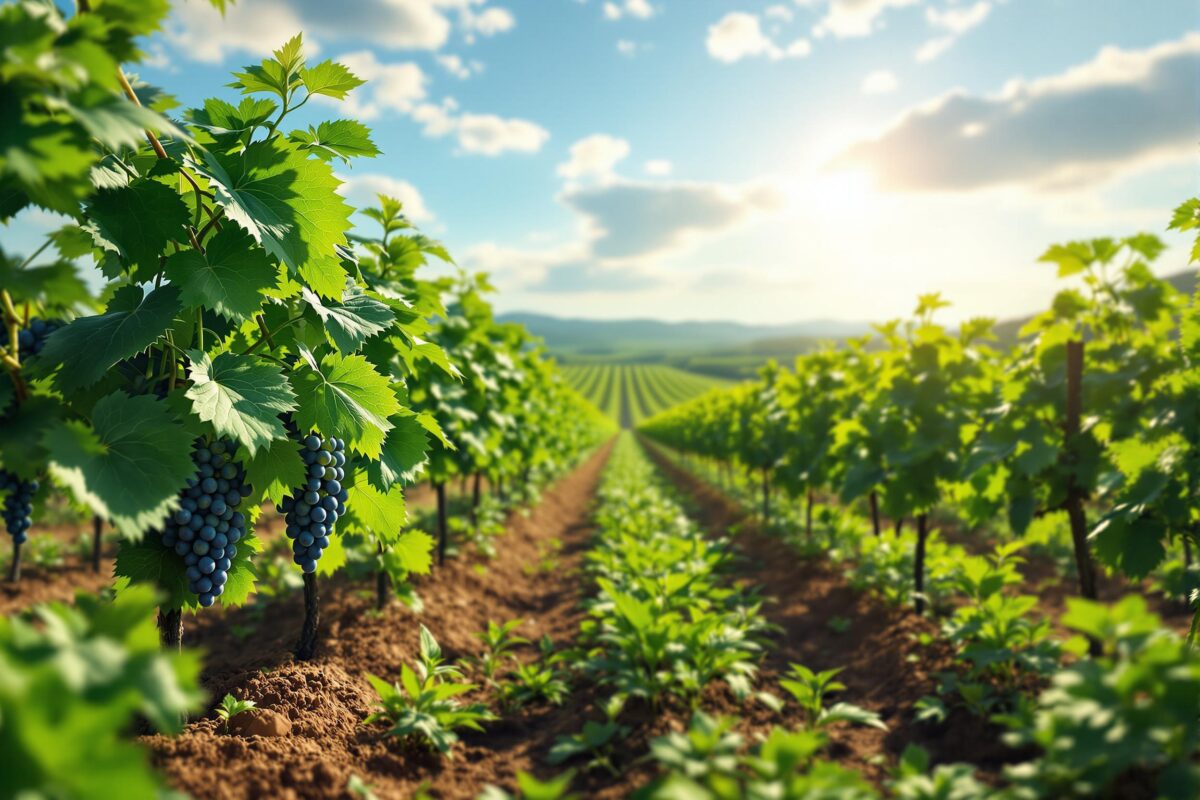The wine world values quality and tradition, but there’s a growing thirst for sustainability. Consumers now demand eco-friendly choices, transforming how grapes are grown and wine is made. Organic wine isn’t just a drink; it’s a commitment to a healthy planet. Let’s explore the benefits of organic wine, from vineyards to your glass.
Trend Analysis: The Rise of Eco-Wines
Consumer demand shapes markets. In the wine industry, the eco-conscious movement is revolutionizing everything. Sustainable wine is no longer niche; it’s mainstream. Organic wine sales are booming, outpacing conventional wine. Why? Consumers understand climate change and want to protect nature. Younger generations, especially, seek eco-friendly brands. Wine regions worldwide are adapting, transitioning to organic and biodynamic methods. This shift creates challenges and opportunities. Vineyards must invest in new techniques and certifications while educating consumers about their efforts. For online retailers, offering organic wines is key to staying competitive. Even investors prioritize sustainable businesses, boosting the adoption of organic practices.
Biodynamic Farming: Nurturing Soil and Terroir
Organic winemaking prioritizes natural ecosystems and healthy soil. Biodynamic farming takes it further, treating the vineyard as a living organism. Special preparations and techniques enrich the soil, expressing the unique terroir in the wine. Terroir – the soil, climate, and land – shapes wine’s character. Healthy, biodynamically farmed soil makes vines stronger and grapes better. This results in complex, nuanced wines. Conventional farming, using synthetic chemicals, can harm soil and reduce terroir expression. Biodynamic farming, however, builds soil structure and microbial life, creating a thriving vineyard. This benefits wine quality and makes vineyards more resilient to climate change.
Innovative Solutions: Minimizing Environmental Impact
The wine industry faces pressure to reduce its carbon footprint. Innovative solutions are appearing throughout the process, from grape to glass. Packaging is a major focus. Wineries are using lighter bottles, recycled cardboard, and bag-in-box formats to reduce waste. Renewable energy is also key. Vineyards are switching to solar, wind, and energy-efficient technologies. Sustainable transport, like using trains and ships, also matters. Agroforestry, integrating trees into vineyards, sequesters carbon and improves soil health. These changes help the wine industry become more sustainable and attract eco-conscious consumers.
Organic vs. Conventional: A Visual Contrast
Imagine two vineyards: one conventional, one organic. The conventional vineyard uses synthetic pesticides and fertilizers. This can damage the soil, water, and surrounding environment. The organic vineyard, on the other hand, uses natural methods like cover cropping and composting. This builds healthy soil, supports biodiversity, and avoids harmful chemicals. The difference is clear: organic vineyards foster resilient ecosystems. Side-by-side images of soil from each vineyard tell a story. Organic soil is darker, richer, and teeming with life. Aerial views reveal greater biodiversity around organic vineyards. These visual comparisons showcase the benefits of organic farming.
Practical Tips: Enjoying Sustainable Wine
Enjoying organic wine involves thoughtful pairing and understanding labels. Sustainable pairing means choosing food with a low environmental impact. Think local, seasonal, and plant-based dishes. Labels are your guide to organic and sustainable wines. Look for certifications like “Certified Organic,” “Biodynamic,” and “Sustainable,” plus logos from certifying bodies. Knowing what these mean empowers you to choose wisely. Explore wine regions known for sustainability, like Mendocino County or parts of Europe. Try pairing wines with foods from the same region. For instance, a French Sauvignon Blanc might pair perfectly with local goat cheese. It’s about enjoying wine that’s good for you and the planet.
Organic wine’s value goes beyond flavor. It represents a commitment to our planet. Consumers are driving positive change, pushing the wine industry towards sustainability. Choosing organic wine supports a greener future for vineyards and ecosystems. Explore organic wines and savor the quality and responsibility in each bottle. Cheers to a sustainable wine journey!
